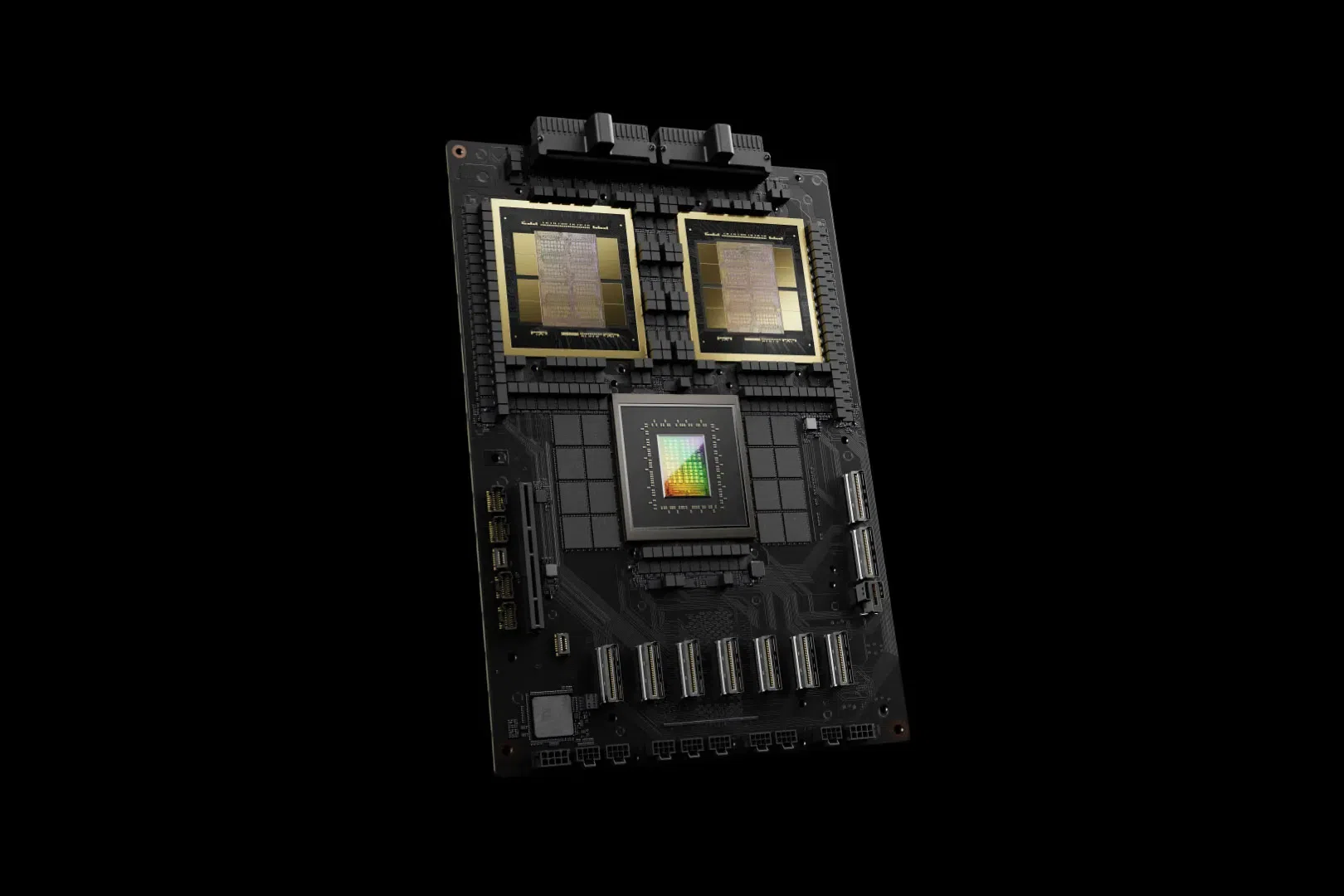NERVOUS Nvidia investors are eager for an update on its Blackwell chip rollout – hoping for a catalyst to halt the stock’s recent decline.
The next-generation processor was unveiled six months ago, but has faced engineering snags that delayed its release. While chief executive officer Jensen Huang tried to reassure the market last month that revenue from the chip is coming soon, some investors were left wanting for details. That – along with broader macroeconomic jitters – has contributed to a 15 per cent sell-off since the earnings report.
Lingering questions about Blackwell will be a key focus when Huang speaks at a Goldman Sachs conference in San Francisco on Wednesday. He’s scheduled to speak with David Solomon, Goldman’s chief executive officer, at 7.20 am local time.
“Nobody likes a delay,” said Brian Mulberry, client portfolio manager at Zacks Investment Management “It’s one of those blips that investors are just kind of latching onto.” In the absence of other positive catalysts for the stock – and combined with broader worries hitting the whole tech sector – the Blackwell snags have added to concerns that the artificial intelligence darling has risen too far, too fast.
While Nvidia has done a good job of managing expectations, “they probably could communicate better, particularly around the Blackwell issue,” Mulberry added.
That sentiment was echoed by Bank of America analysts, who wrote in a research report last week that details about the readiness of Blackwell shipments are the key fundamental catalyst for a recovery in Nvidia shares.
BT in your inbox
Start and end each day with the latest news stories and analyses delivered straight to your inbox.
Blackwell is the next generation of the company’s dominant AI processor and has been eagerly awaited by investors to provide the next leg of growth. Nvidia acknowledged in its latest earnings report that there were issues with production and said it has had to revamp part of the chip’s manufacturing process.
Still, the company said it expects to bring in “several billion US dollars” of revenue from Blackwell in its fiscal fourth quarter, which ends Jan 31. The production ramp is scheduled to begin in the fourth quarter and continue into fiscal 2026, according to comments on the earnings call.
If everything goes smoothly and Nvidia is able to deliver its Blackwell chips on this schedule, then the stock may become less volatile than in recent months, Mulberry said.
They’ve said they’ll be able to bring things up to speed by early 2025, and “if they can communicate clearly that they are still on track to do that and there won’t be any further delays in production, they can quell some of these short-term fears,” he said.
Still, if Blackwell faces more delays or snags, that could add to downside pressure on the shares – especially with few other catalysts on the horizon and potential risks related to a US Justice Department antitrust probe.
Randy Hare, portfolio manager at Huntington National Bank, agrees that near-term pressure on Nvidia shares is likely to the downside. Still, for investors who believe in the potential of AI in the long-term, it could be a good time to add to positions.
“We’re maybe part-way through the mid-cycle correction,” said Hare. “And then I think you’ll get a good opportunity where people will realise that this is the best growth area in the market and they’ll start putting money to work again.” BLOOMBERG




